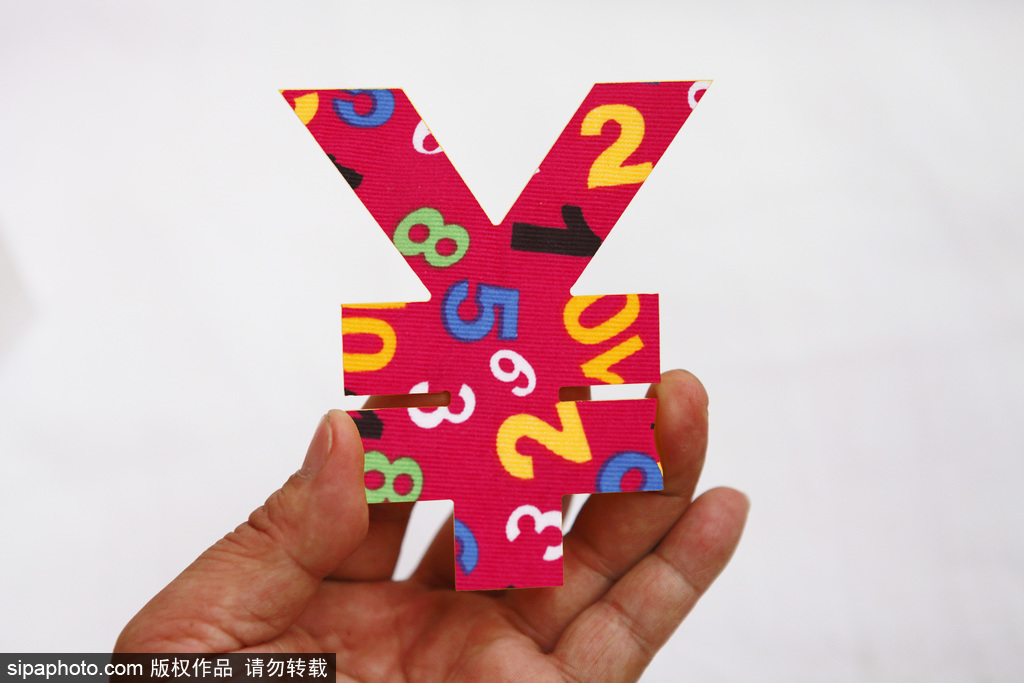

The Shenzhen Municipal Government in Guangdong Province and China's Central Bank jointly launched digital yuan red packets on Friday, taking the general public closer to the digital currency as China takes the lead in the region.
Individuals in Shenzhen are permitted to take part in the lucky drawing of 50,000 digital currency red packets — monetary gifts given during holidays or on special occasions — totalling 10 million yuan ($1.49 million). The value for each red packet is 200 yuan.
Drawing winners will be given guidance on how to open digital yuan wallets and collect their red packets. For about a week, from 6:00 p.m. on Monday to 12:00 p.m. on Oct. 19, winners will pay using digital currency red packets – just like electronic cash – to 3,389 named merchants in the Luohu district of Shenzhen.
Participating traders include supermarkets, retailers, restaurants and lifestyle service providers who have completed payment modifications to use the automated yuan system.
The issuance of digital yuan red packets is a creative attempt to raise consumption and domestic demand through daily prevention and control of COVID-19. It is also a routine test in the process of research and development of the digital yuan bank, said Shenzhen 's cyber administration on its Sina Weibo account on Thursday.
The People's Bank of China, the central bank, is making steady progress on digital yuan testing, said Fan Yifei, vice-governor of the PBOC.
Internal digital currency trials were performed in a closed environment in Shenzhen; Chengdu, Sichuan Province; Suzhou, Jiangsu Province and the Xiongan New Region in Hebei Province this year. Some of the payment scenarios relevant to the Beijing 2022 Winter Olympics were also checked.
In an article published in September by Beijing-based Financial News, a news outlet under the supervision of the PBOC, Fan said that electronic payments, in particular mobile payments, have grown rapidly in China.
However, there is still much space for improvement in the instruments, such as the coverage of application situations, the reliability of payments and the security of user privacy. In regions with restricted access to financial services, the public still relies heavily on cash and looks forward to a digital currency issued by the central bank.
Still, the experiments are progressing quickly. The PBOC claimed that digital currency would primarily replace notes and coins in circulation and follow a two-tier operating system.
The PBOC will first issue digital currency to commercial banks and other financial institutions, which will then be issued to the general public.
In fact , digital currency will begin as a replacement for (bank notes and coins) but should not be limited to it. It will hopefully bring about profound changes in the monetary operating system, said Wang Yongli, former Vice-President of the Bank of China.
PBOC is expected to prudently choose commercial banks with strong capital and technology as designated operating institutions. Under the central bank's quota management , different types of digital yuan wallets will be opened on the basis of customer information recognition and digital yuan redemption, Wang said.
Non-designated banks and non-bank payment institutions may not be permitted to open digital yuan wallets and offer digital yuan exchange services to customers, he added.
